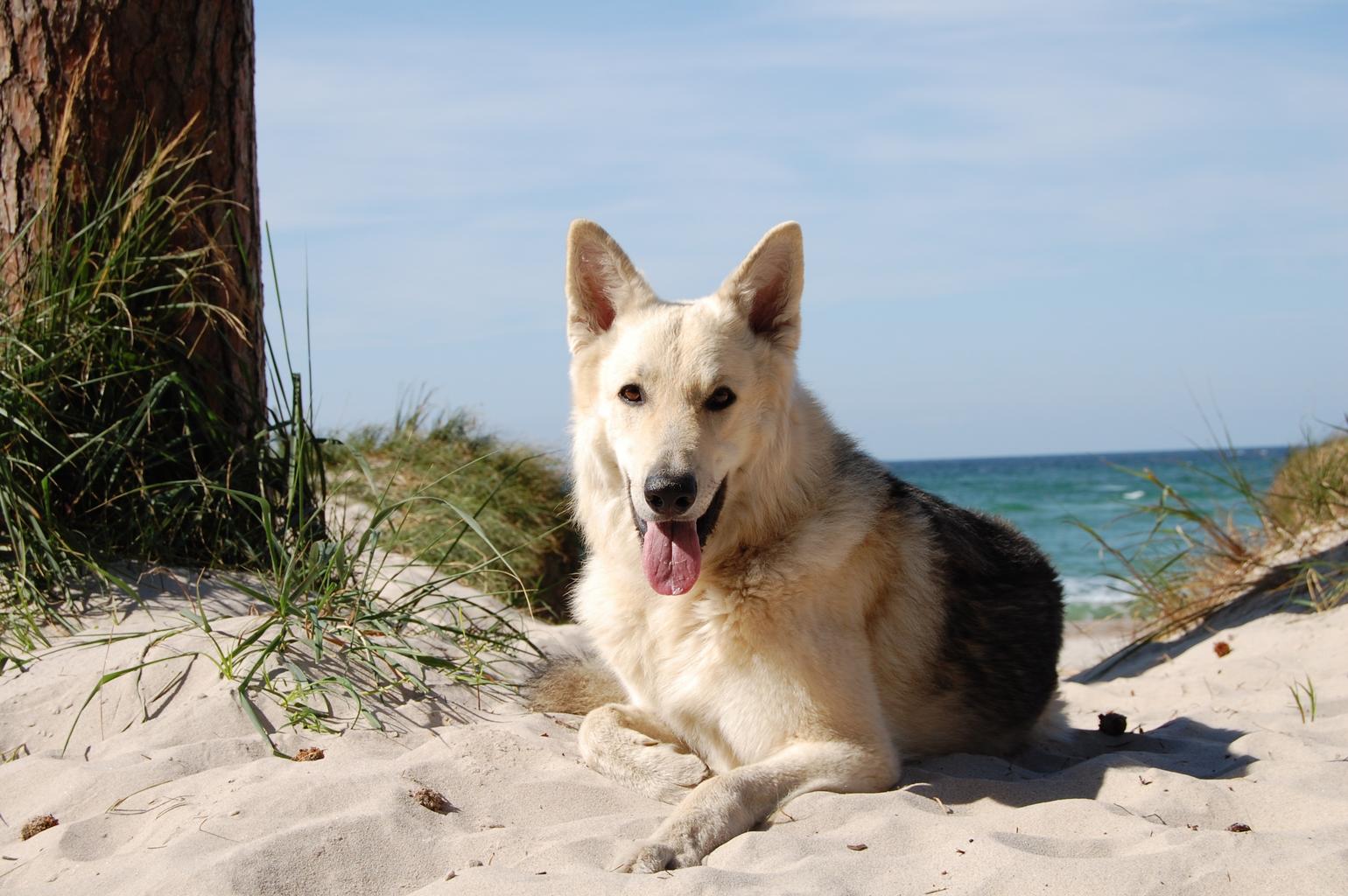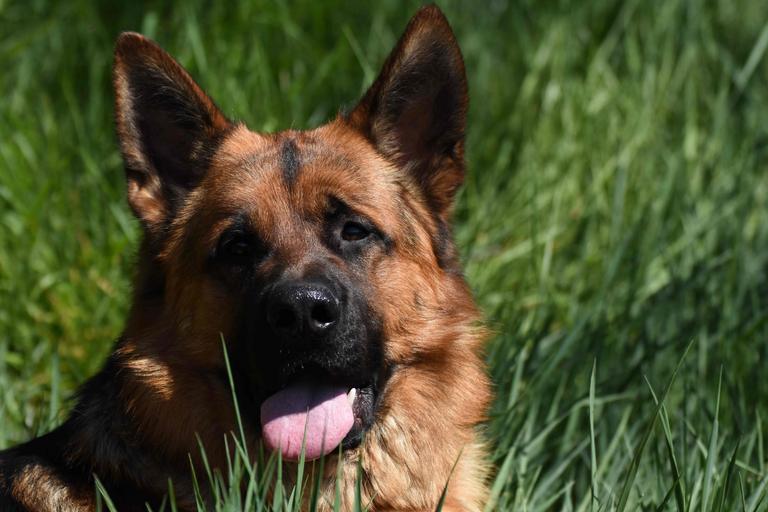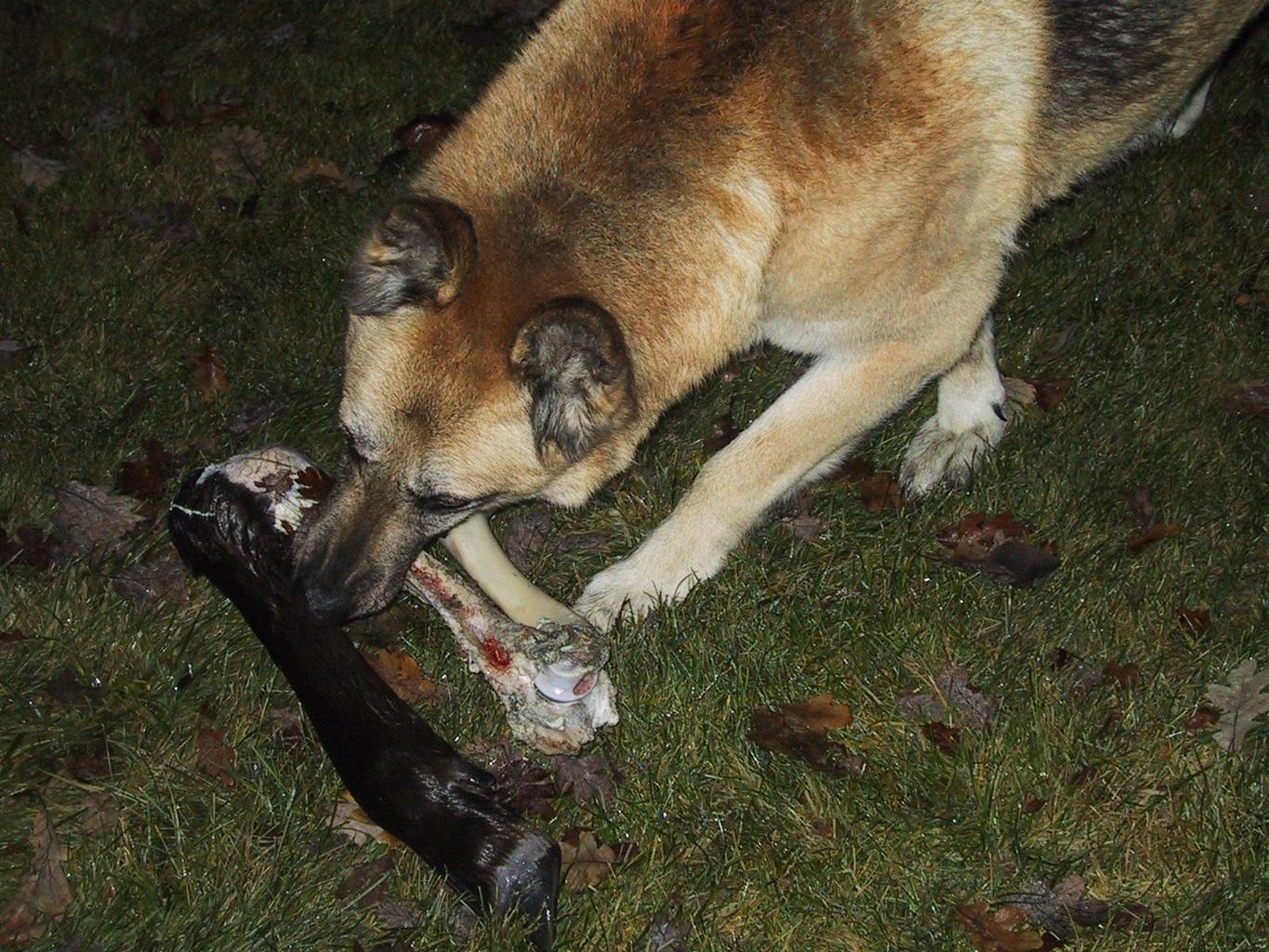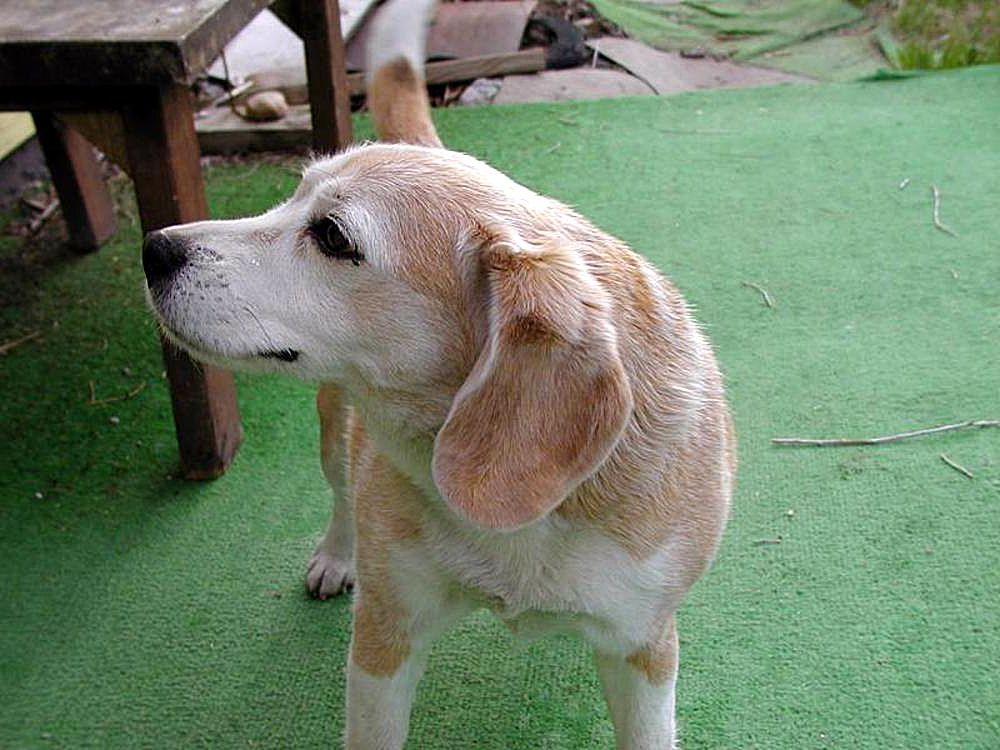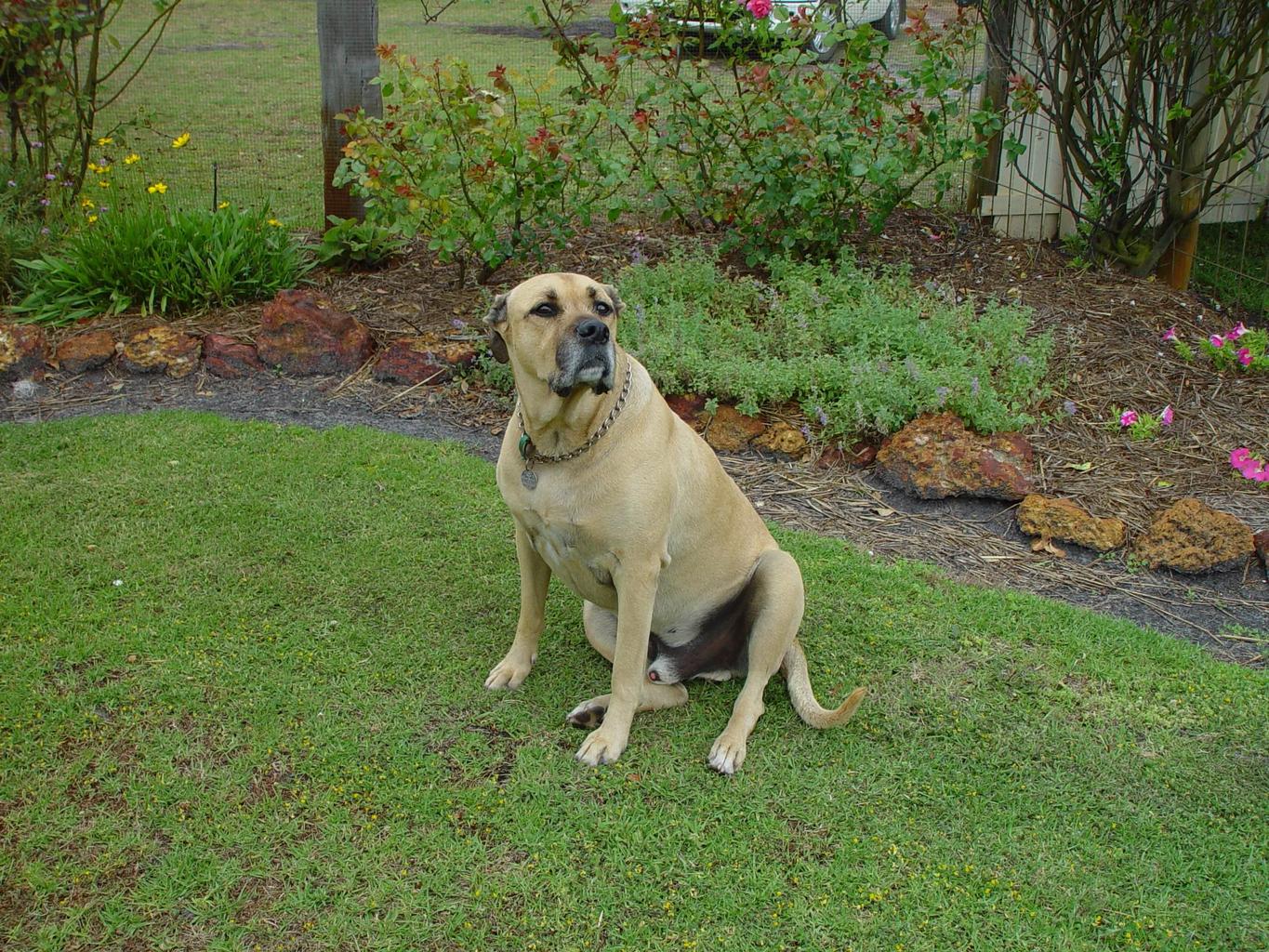Small in size, but big in personality, toy dogs have captured the hearts of pet lovers all over the world. From the adorable Chihuahua to the fluffy Pomeranian, toy dogs are the perfect companions for those who live in small spaces or who simply want a cute and cuddly pet. But while toy dogs may be small, they are also incredibly smart and trainable. In this article, we’ll explore the unique training needs of toy dogs and provide some tips for mastering toy dog training.
Unleashing the Power of Tiny Paws
Despite their small size, toy dogs are incredibly intelligent and have a lot of energy. This means that they require plenty of mental and physical stimulation to keep them happy and healthy. One of the best ways to provide this stimulation is through training. Toy dogs are quick learners, and they love to please their owners. By teaching your toy dog new tricks and behaviors, you’ll not only be providing them with the exercise they need, but you’ll also be strengthening the bond between you and your furry friend.
When it comes to toy dog training, positive reinforcement is key. This means rewarding your dog with treats, praise, and affection when they exhibit good behavior. Punishing your dog for bad behavior is not only ineffective, but it can also damage your relationship with your pet. Instead, focus on rewarding your toy dog for the behaviors you want to encourage. With consistent training and positive reinforcement, your toy dog will be performing impressive tricks in no time.
From Pomeranians to Chihuahuas: Toy Dog Training Tips
Each toy dog breed has its own unique personality and characteristics, which means that training techniques may need to be tailored to their individual needs. For example, Pomeranians are known for being energetic and vocal, so they may need more exercise and training to help them burn off excess energy and stop them from barking excessively. On the other hand, Chihuahuas are often timid and shy, so they may need more socialization and confidence-building exercises.
No matter what breed of toy dog you have, consistency is key. Make sure to set clear boundaries and stick to them, and always reward good behavior while ignoring bad behavior. Additionally, make sure to use positive reinforcement techniques that are appropriate for your dog’s personality. With time and patience, you’ll be able to master toy dog training and help your furry friend become the best version of themselves.
In conclusion, toy dogs may be small, but they are mighty when it comes to their intelligence and ability to learn. By providing them with consistent training and positive reinforcement, you’ll be able to unlock their full potential and help them become happy, healthy, and well-behaved pets. Whether you have a Pomeranian, a Chihuahua, or any other toy dog breed, remember to be patient, consistent, and always reward good behavior. With a little bit of effort and a lot of love, you’ll be amazed at what your tiny pawed friend can achieve.


